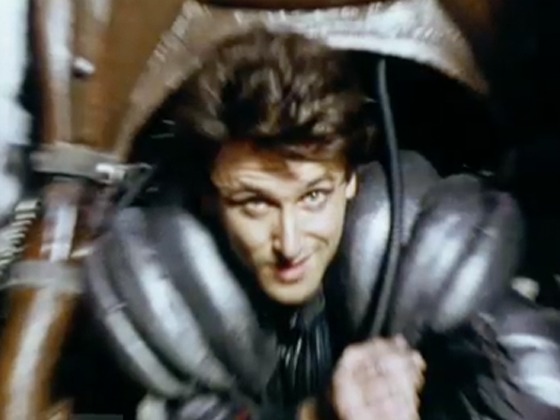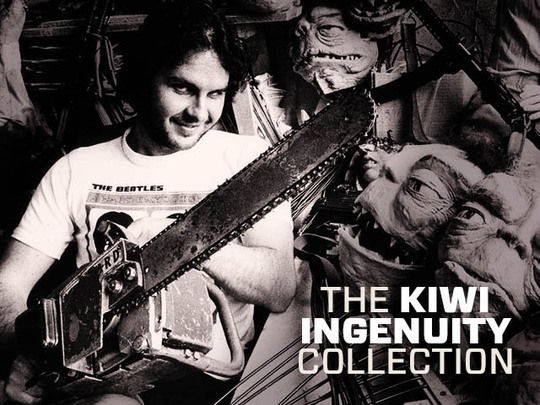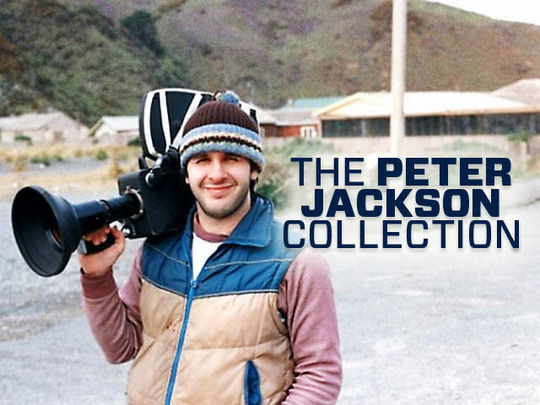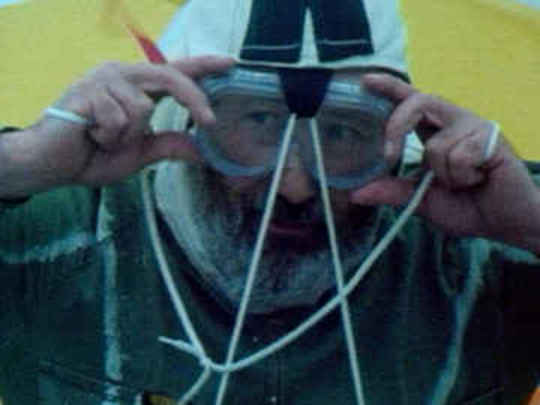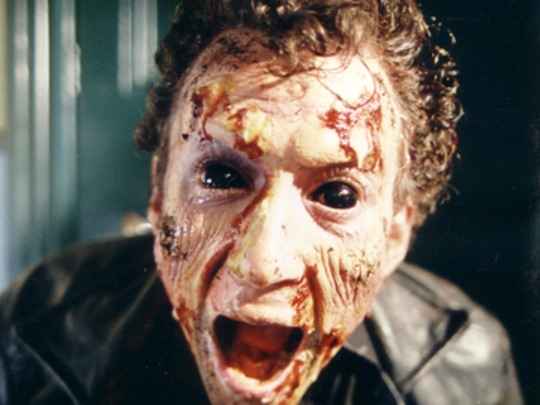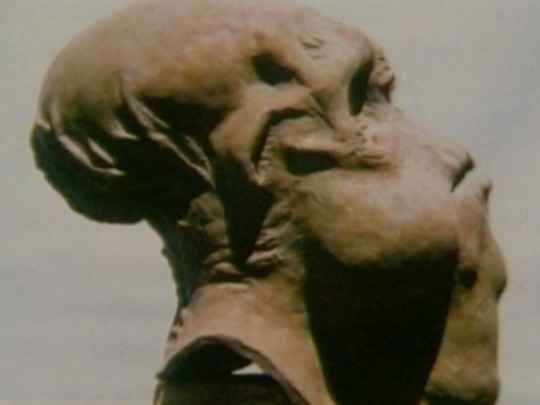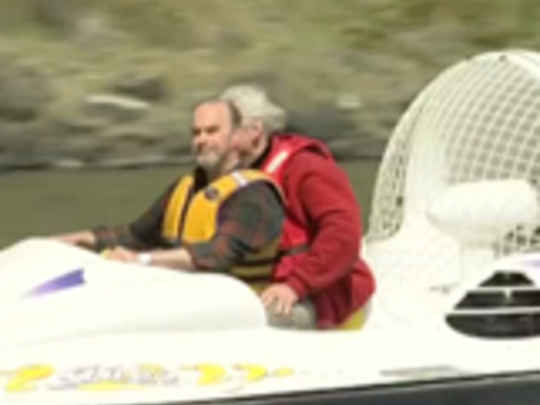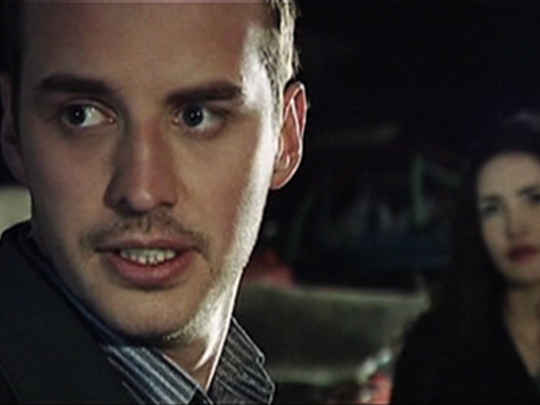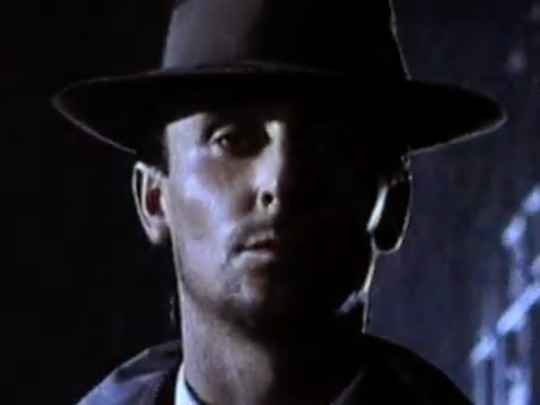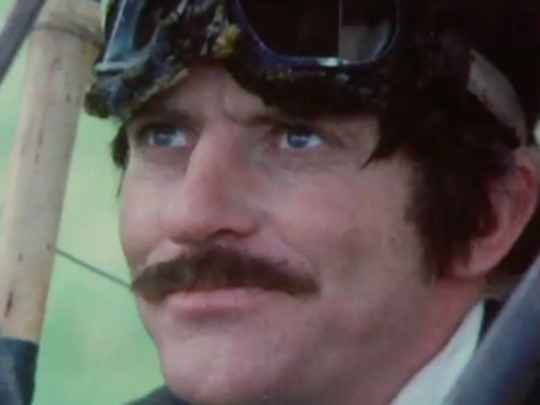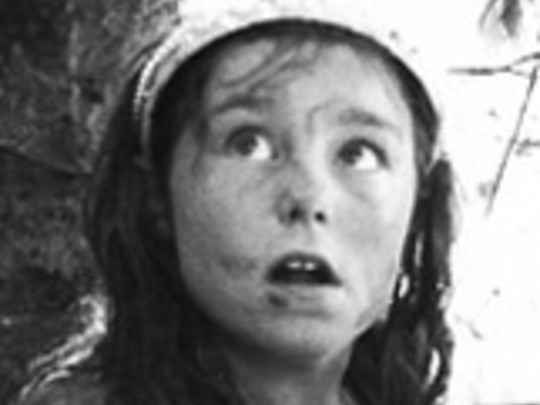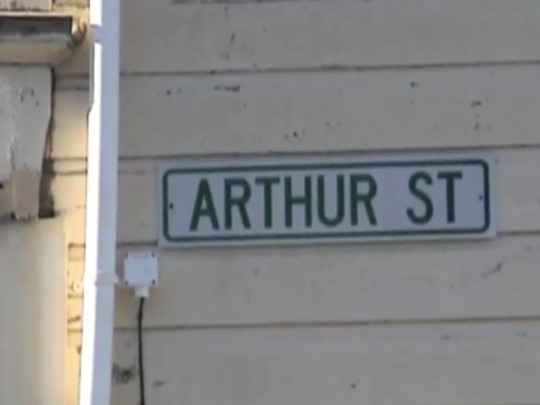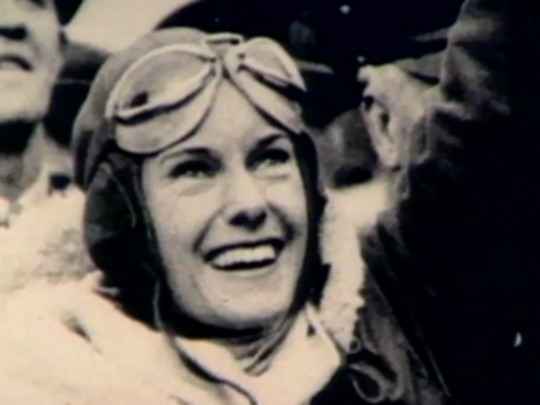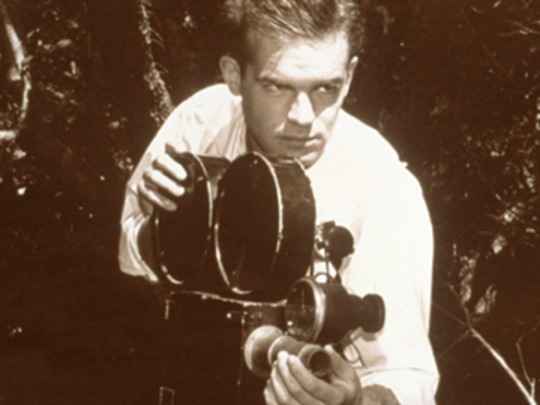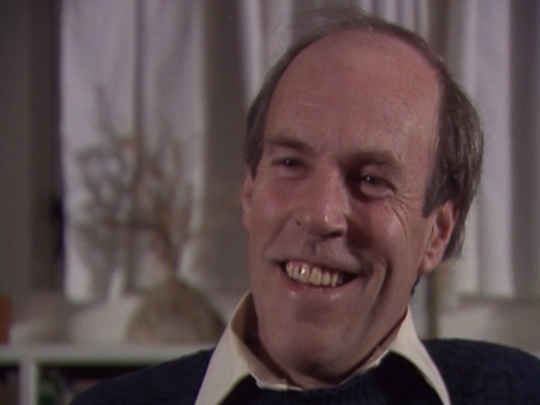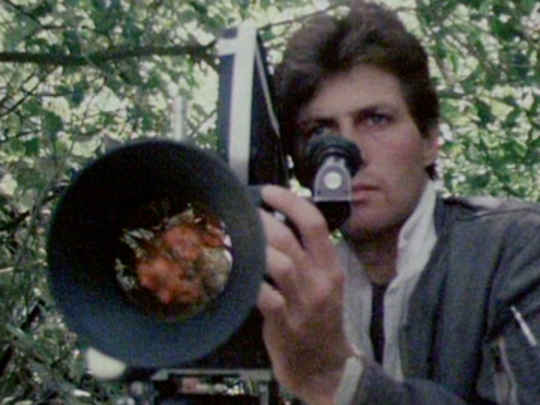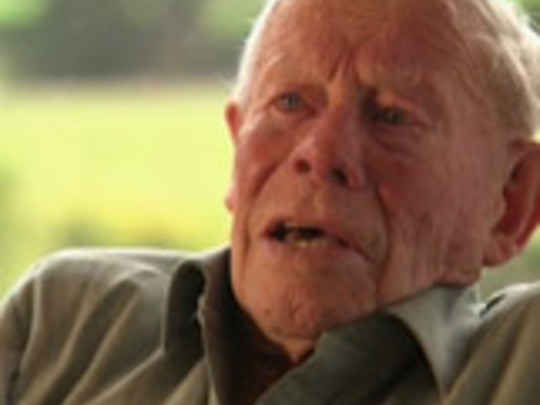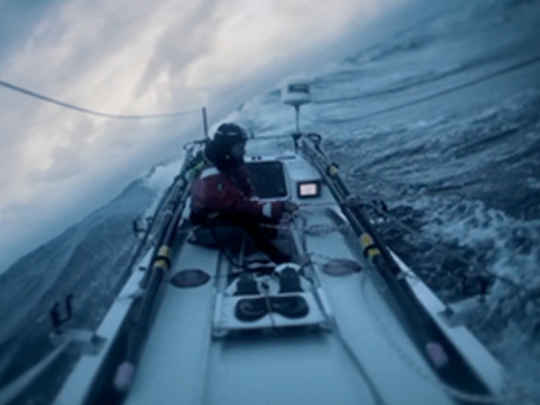Jack Brown Genius
Film (Trailer) – 1995
The Director's Perspective
Jack Brown Genius won three NZ Film and Television Awards, yet sank at the box office and was generally regarded as more B than A. Its European release was described as the worst in the company's history by the investor/distributors, German company Senator Films.
One of the most significant aspects of this production is that the producers (including executive and associate) were landed with roles they had not anticipated, due to the untimely death of original producer Jim Booth. The director was Tony Hiles, the originator of the story, and this article.
This was my debut feature as a director. I consider Jack my worst directorial performance ever and I take most of the responsibility for the ultimate train wreck — yet I'm very proud of many aspects of the film. The actors put in fine performances; the crew, for the most part, did a fabulous job, and the catering was without fault.
Things really fell apart when the film was screened in Cannes. Senator had made much of Peter Jackson's involvement (executive producer and second unit director), and promoted the film in a way that read as being ‘from the director who brought you Heavenly Creatures'. A number of presales were cancelled when buyers discovered the director was not Peter Jackson.
Additionally Senator had one other film at the festival, titled The Slit, which utilized the acting skills of ex-porn star Kitten Natividad, sporting a grotesque figure and not many clothes. Audiences apparently left the theatre in droves within minutes of the lights going down.
In this milieu Senator promoted Jack as a ‘G' prospect for teens, when it had been conceived and made as an adult fairytale. Coarse language and a not-pop music track made the film sit awkwardly, so in Cannes it was agreed between Senator and the NZ Film Commission representative that composer Michelle Scullion and I would rework the soundtrack and add a song when I returned to Wellington.
The phones had been running hot by the time I arrived home, and learned that the light at the end of the tunnel was indeed an express train racing towards me.
Michelle Scullion was taken off the case and a new team was hired to record a completely new music track, all without my involvement. That was an upstairs prerogative, but I was particularly upset by the way that Michelle Scullion had been sidelined, and how the architects of the decision didn't even have the balls to tell her, even though it was agreed that they would. She found out when I called her some hours later to see how she'd taken the news. "What news?" she asked. You can guess the rest.
I quit and left them to it. When the rescored film was ready for the Wellington premiere I reconsidered my position: despite the fact that the music had changed and cuts made, I still had my name on the end as director, and I was well aware that it wasn't the most popular film in town. I decided to stand up and be counted and take full responsibility for my part in the making of the film. So I did.
And within a year my colleagues voted for me to win the Best Director award in 1996 for the film, which also won Awards for Tim Balme as Best Actor and Plan 9 (David Donaldson, Steve Roche and Janet Roddick for Best Music.
New Zealand screenings were lousy. Senator reported a disastrous European release. In 2004 Senator went belly up. All of which was nothing to do with the music.
- Tony Hiles left state television in 1980 to work on his own projects. He helped Peter Jackson complete Jackson's first feature Bad Taste (1988). Jack Brown Genius aside, he explored flying in quirky documentary Flight of Fancy. Hiles died in February 2021.
